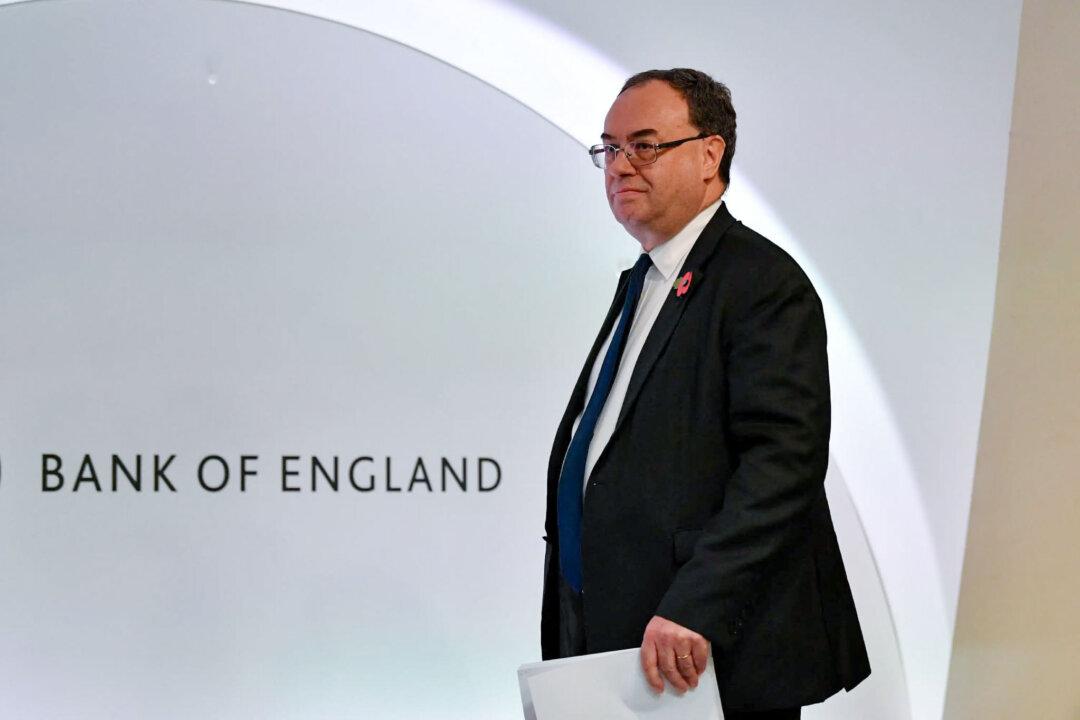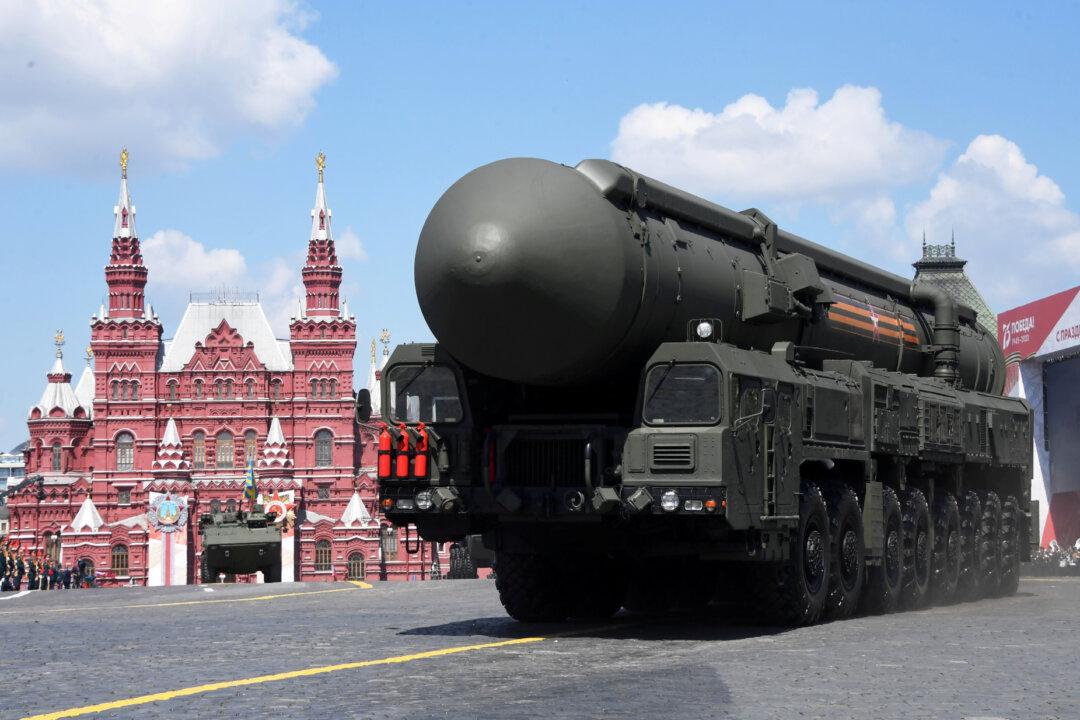The UK inflation rate has dropped for the first time in eight months, but prices on basic essentials remain high.
The latest data from the Office of National Statistics (ONS) showed a drop in the Consumer Prices Index (CPI) 12-month inflation rate in April to 10.5 percent, which is lower than November’s 10.7 percent, and down from the peak in October of 11.1 percent.





